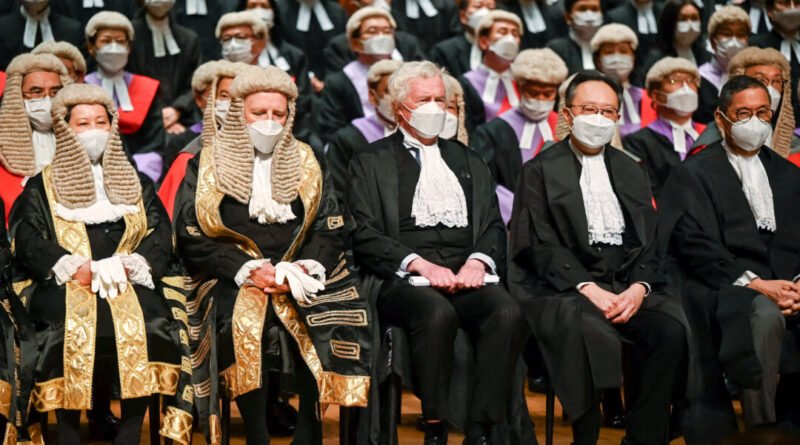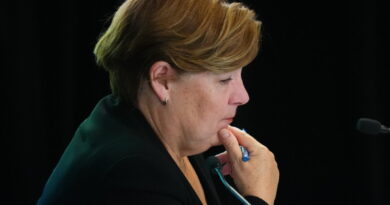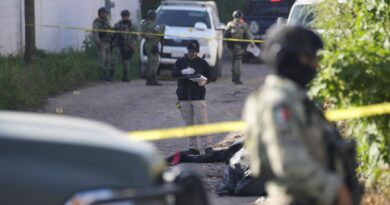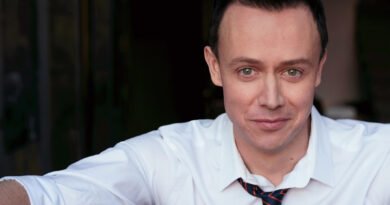Lord Sumption: Foreign Judges Can No Longer Uphold Rule of Law in Hong Kong
The former non-permanent judge of the city’s top court expressed concerns that judges in Hong Kong have been ‘intimidated or convinced by the darkening political mood.’
According to a British judge who recently resigned from the city’s top court, it’s no longer feasible for foreign judges to uphold the rule of law in Hong Kong.
Lord Sumption, who served as an overseas non-permanent judge at the Hong Kong Court of Final Appeal (HKCFA) until his resignation, stated that the rule of law in the former British colony is in serious jeopardy.
Last week, Lord Sumption and his British counterpart Lord Collins of Mapesbury both confirmed their resignations from HKCFA, with Lord Collins citing the city’s “political situation” as the cause.
Their resignations followed the conviction of 14 legislators and activists in Hong Kong’s High Court for “conspiracy to commit subversion” related to unofficial pro-democracy primaries for Legislative Council (Legco) elections. This case represents the largest prosecution under the national security law imposed by Beijing in 2020.
The national security law, which has been utilized to target pro-democracy activities, was implemented on June 30, 2020. As of March 8, the Hong Kong government reported 291 arrests under the law, involving suspects aged between 15 and 90.
Out of these, more than 170 individuals and five companies faced charges, and 112 individuals had been sentenced or convicted.
One notable defendant is British citizen Jimmy Lai, the founder of Next Digital and pro-democracy tabloid Apple Daily, who is currently on trial for allegedly colluding with foreign forces.
Mr. Lai, 76, has been in custody since 2020 and has been convicted on charges including fraud and participating in illegal assemblies.
Despite prior court approvals for Mr. Lai to hire overseas lawyers, his British barrister Tim Owen was denied a visa due to “security risks.”
The Hong Kong authorities issued warrants for 13 exiled pro-democracy activists, including UK residents, offering a bounty of 1 million Hong Kong dollars (£102,000) for each of them.
These individuals were accused of national security law violations such as incitement to secession and subversion, as well as colluding with foreign countries or external forces.
Since the imposition of the national security law, several overseas non-permanent judges of HKCFA, along with the president and deputy president of the UK Supreme Court, have stepped down, prompting human rights advocates to advocate for the resignation of the remaining foreign judges.
In a report released in May, the Committee for Freedom in Hong Kong Foundation stated that Hong Kong’s legal system had been reshaped to serve the authoritarian regime of the Chinese Communist Party.
Lord Sumption, explaining his decision to remain on the court until now, expressed his hope that the presence of overseas judges would help uphold the rule of law. However, he now believes this is no longer feasible, although he acknowledged others who are more optimistic and hoped they would be proven right.
According to Lord Sumption, most Hong Kong judges are “honorable individuals with the liberal instincts of common law,” but their autonomy is significantly limited as Beijing tightens its control over Hong Kong.
He pointed out that judges are compelled to apply the National Security Law and a previously inactive colonial law on sedition.
Additionally, Beijing’s “interpretation” of the national security law, which reversed the courts’ decision to allow Mr. Lai to hire British lawyers, indicates the extent to which China is willing to utilize this power against its adversaries.
Lord Sumption also highlighted the authorities’ “paranoia” leading to the prosecution of media outlets and pro-democracy leaders, creating an oppressive environment that challenges judges in upholding judicial independence.
He noted the continuous calls for judicial ‘patriotism,’ making it particularly difficult for local judges to go against the prevailing political tide. Unlike foreign judges, they have no alternative options.
Lord Sumption expressed concern that many judges, influenced by the increasingly oppressive political climate, have strayed from their traditional role as defenders of individual liberty, even when the law permits it.
Regarding the supposed guarantees of freedom of speech and assembly in the Basic Law and the National Security Law, he remarked that “only lip-service is ever paid” to them.
He refuted claims that the rule of law in Hong Kong had been compromised and accused British officials and politicians of using the country’s judicial influence as a weapon.
Moreover, Canada’s former Chief Justice Beverley McLachlin announced her retirement from HKCFA (CFA) on Monday, citing her desire to spend more time with her family while expressing confidence in the court members’ independence and commitment to upholding the rule of law.





